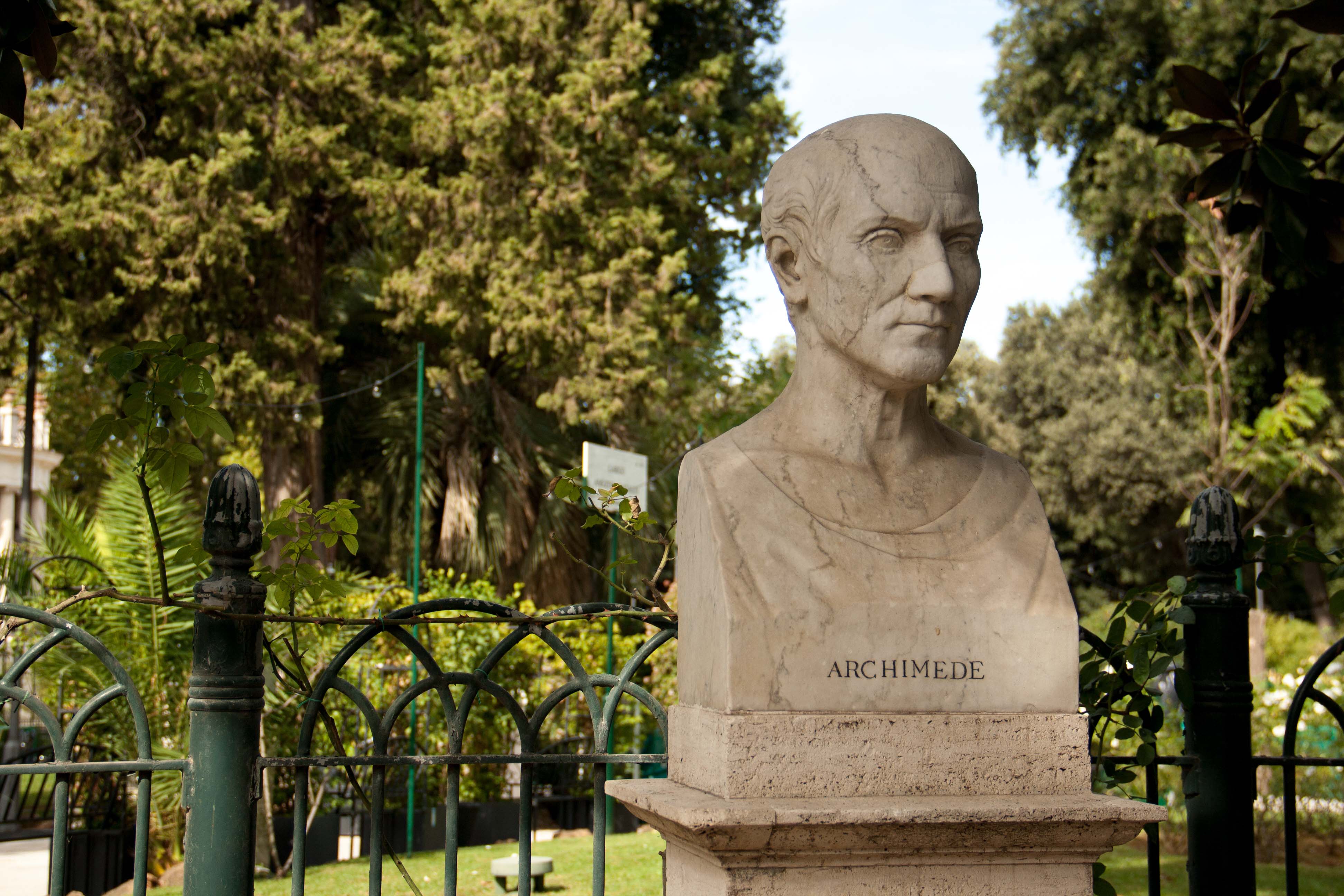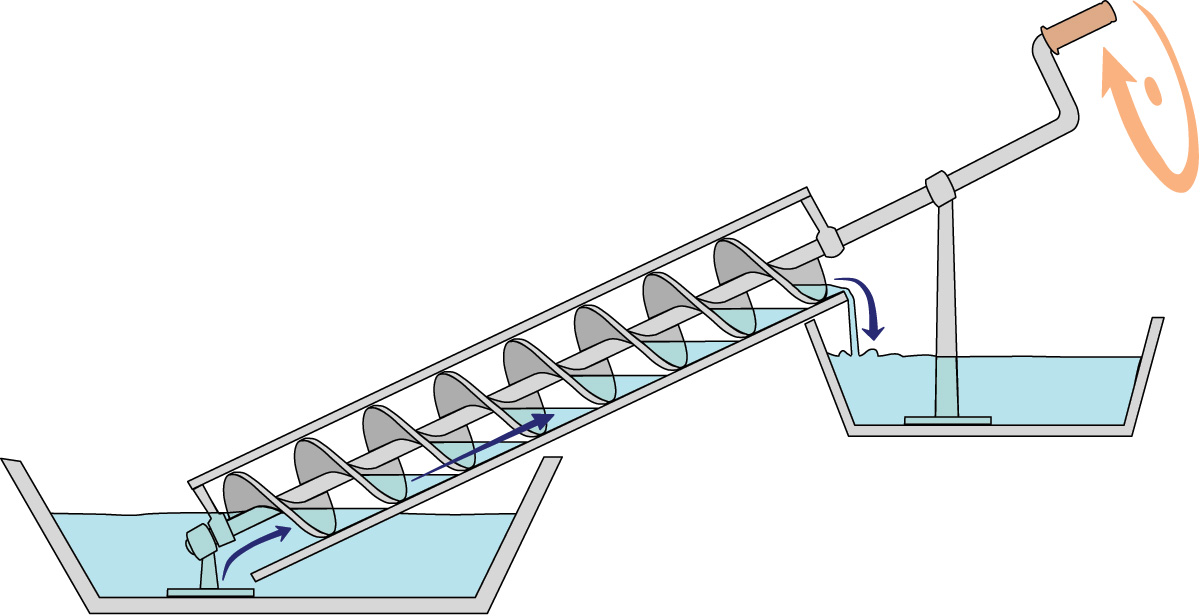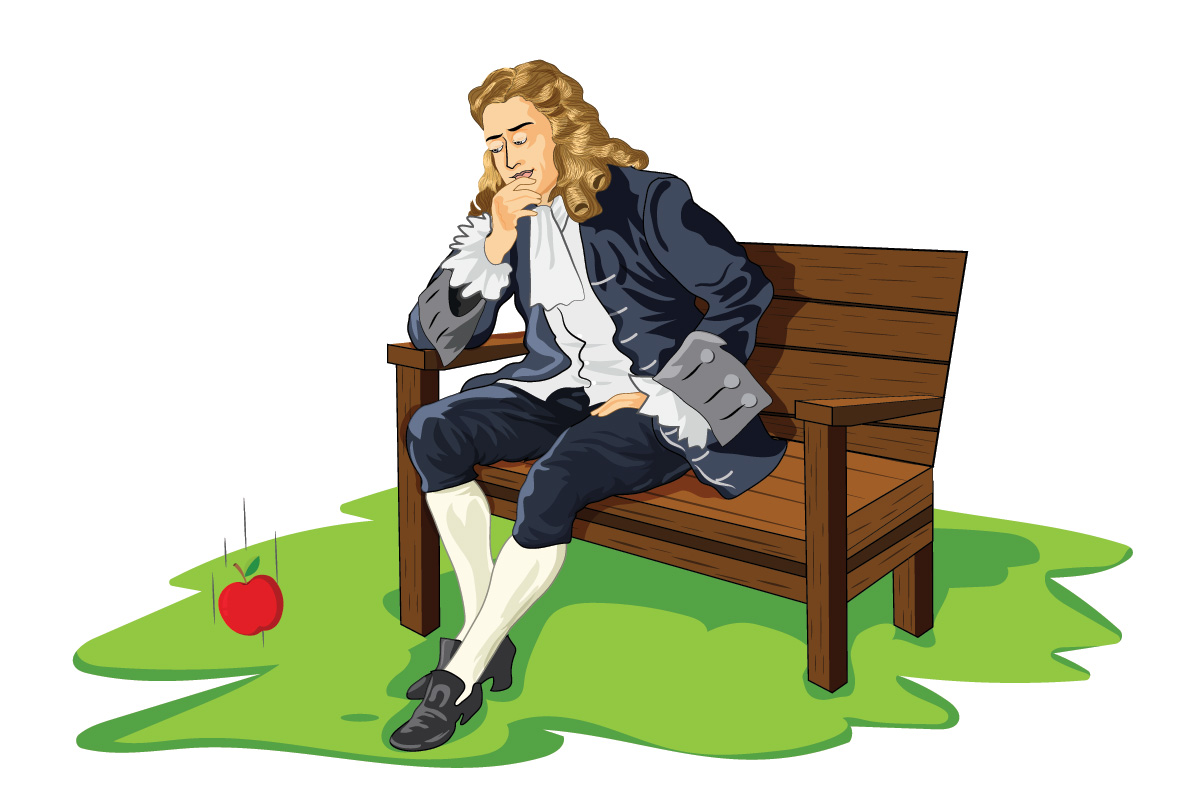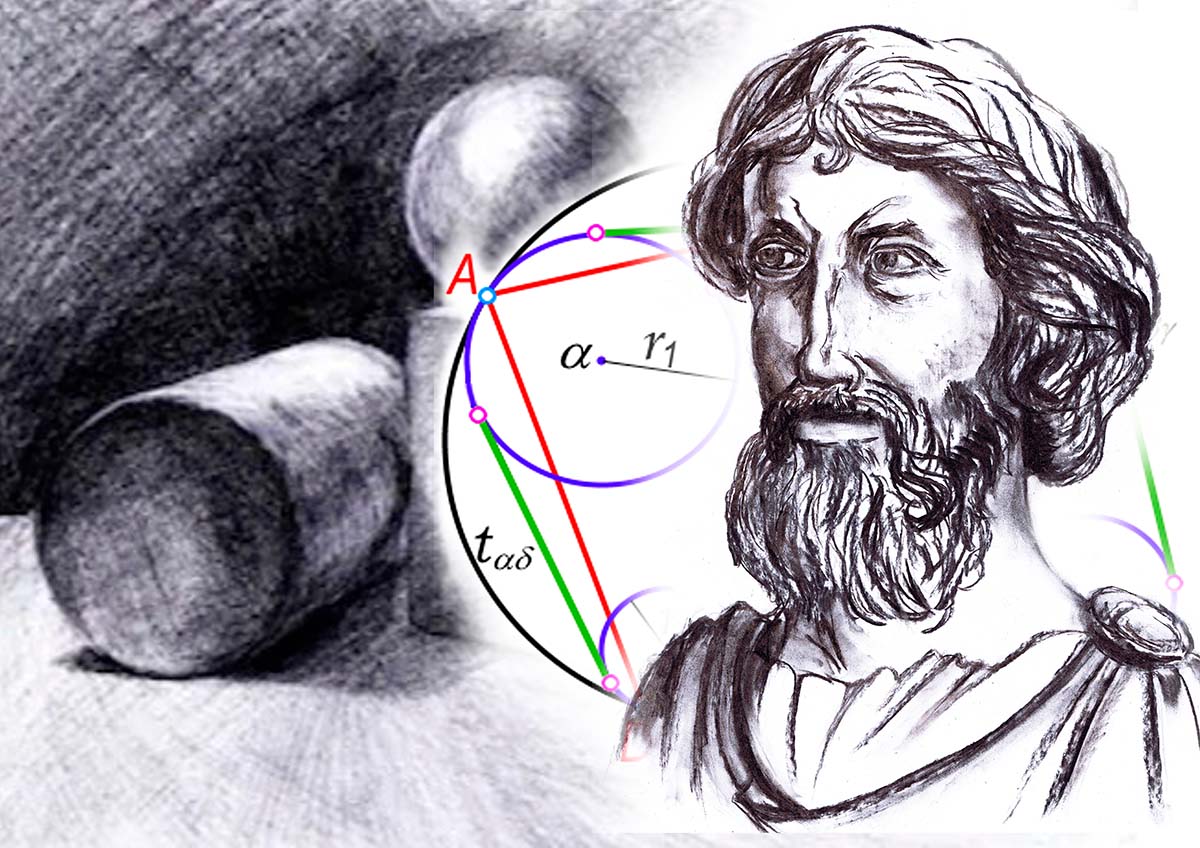
Mathematics is a way to understand and quantify the world around us. Over the years, leaders have developed the math concepts we use today. These leaders include fathers, both literally and figuratively, who have played crucial roles guiding the future of mathematics. This Father’s Day, Spark Math by VISPARK is excited to support all fathers, uncles, and other family members who help guide children’s learning every day. Join us as we celebrate the founding fathers of math and how they impacted some of the biggest concepts and moments in math throughout history.
Archimedes
Archimedes, or Archimedes of Syracuse as he was known in his time, is often called the father of mathematics. He was a Greek mathematician and inventor who focused on using math to make life easier for the people around him. While he is known for all of his inventions and theories, his most significant action might have been as an educator. Archimedes wrote down what he worked on so that his knowledge could be passed down to future generations.
Archimedes was guided by his father, Phidias, an astronomer who encouraged him to discover and learn more about the world. He would find himself in Egypt, studying and researching at the famous Library of Alexandria. While he was in Egypt, he used his skills in math and engineering to build a machine that is still in use over 2000 years later!

“The Archimedes’ Screw” helps bring water from lower to higher levels, so it can be accessed by the people who need it. His work with water wouldn’t end there. He developed Archimedes’ principle, a scientific law, used to help explain how items float on water. His work was so impactful it’s still used today, and has inspired countless math learners since he first wrote down his knowledge. You can interact with the Archimedes Screw and see how it works with your own eyes at the Kolam Ayer ABC Waterfront!

Sir Isaac Newton
Sir Isaac Newton, born in Lincolnshire, England, is probably most famous for his work on explaining gravity and motion. While the stories about him “discovering” gravity by having an apple fall on his head might not be true, the work he did for mathematics and science is. He helped develop concepts in science that are standard knowledge in modern physics. The most famous of these would be his “3 Laws of Motion“.
Newton’s Laws of Motion
- (Law of Inertia) Newton’s First Law: An object at rest tends to stay at rest and an object in motion tends to stay in uniform motion unless acted upon by an external force like gravity.
- Newton’s Second Law: Acceleration of an object is proportional to the external force applied, and it is indirectly proportional to its mass.
- Newton’s Third Law: For every action, there is an equal and opposite reaction.
Newton’s list of achievements does not stop here. He would go on to develop a mathematical theory that would become modern day calculus. We have benefitted from calculus in many ways. Calculus has helped make buildings and bridges stronger and taller, learn how fast bacteria grows, and even help plan trips to space. Sir Isaac Newton helped develop some of the most important math and science concepts used in the world today.

Pythagoras
The name of Greek mathematician Pythagoras of Samos might be known for the mathematical theorem named after him, the Pythagorean Theorem, also known as Pythagoras’ Theorem. It is said that Pythagoras discovered the relationship between right triangles and hypotenuses in a palace hall, but other versions suggest that the theorem was discovered long before Pythagoras, by ancient Babylonians and Indians. The lack of clarity in the exact origin of the theorem does not take away from its importance. Real-life uses include construction and architecture.
The Pythagorean Theorem
The square of the length of the hypotenuse of a right triangle equals the sum of the squares of the lengths of the other two sides.
a² + b² = c²
Pythagoras’ passion for learning how the world worked led him to search for and learn as many mathematical and philosophical theories as possible. He believed that everything on earth could be explained using math. Pythagoras would be known as the first to call himself a philosopher and would inspire brilliant minds like Pluto and Aristotle. This age of thinking would influence math, science, and aspects of modern civilization.
Founding Fathers of Math: Paving the Way
These fathers of math have inspired countless passionate mathematicians and scientists to ponder and build upon their discoveries. From understanding how the world works to finding ways to search for new ones, the math greats not only worked to make math better but also made sure to spread their knowledge to the next generations.
For modern fathers, they can also pass down important knowledge without being a math great. Dads, by being involved in their children’s education, can help show children the power of math and sign them up for success inside and outside the classroom.
Want to be the next great mind in math? Spark Math by VISPARK is an online math programme led by real teachers, for students who are passionate about math. Try it out for yourself with a free trial class today! For more great news and activities the whole family can enjoy, check out the Spark Math by VISPARK blog




